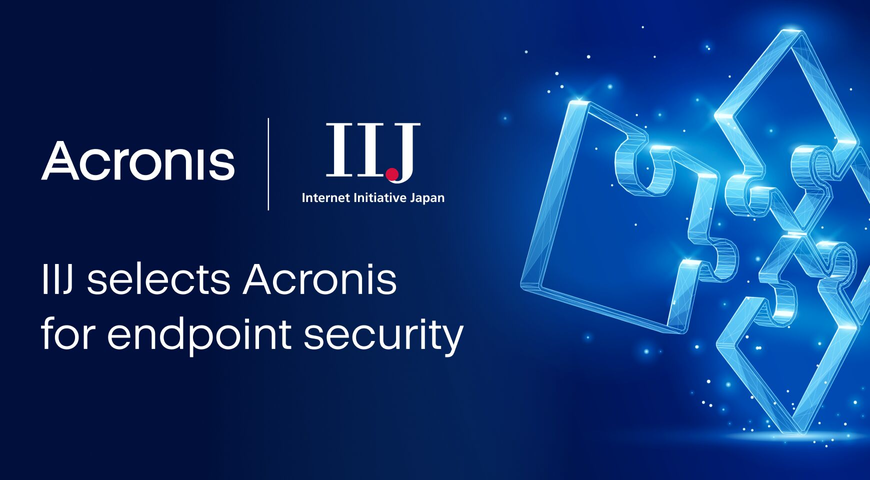Considering the business opportunities on the horizon for cloud-based service providers, it’s no wonder there’s been an explosion of new competitors entering the market. After all, when Gartner projects revenues from public cloud services will jump 62.3 percent in the next three years, a lot of johnny-come-latelies will try cashing in – flooding the market with competition. Cloud service providers looking to differentiate their portfolio must offer solutions built for the business needs of today and the future.
One of the most promising new services that can be offered is notarizing business data in the blockchain. Use cases like the ones below illustrate why this cutting-edge technology is a tool that companies can benefit from now and why it will be an absolute necessity in the near future.
Getting familiar with these use cases for blockchain-based notarization – and how you can quickly add the capability to your offering – can really help you stand out from your competitors.
What is blockchain-based data notarization?
Most people know the term “blockchain” from it being used as the basis of digital currencies like Bitcoin, but the underlying concept doesn’t really involve money at all.
First, let’s understand what the blockchain is. Blockchain is a continuously growing list of data records, called blocks, which are linked and secured using cryptography. Each block contains a cryptographic “hash” of the previous block, including a timestamp and transaction data.
Using strong cryptography, transactions are created that are impervious to fraud and establishes a shared “truth” that is written into a distributed ledger. Once a transaction is recorded in the ledger, it cannot be changed after the fact.
A blockchain-based notarization service like Acronis Cyber Notary Cloud allows a user to calculate a unique hash for a data file, creating a unique digital “fingerprint” and store it in a public blockchain ledger. Once notarized, it is easy to verify when a file existed, identify who recorded it in the ledger, and verify that the file is original and unchanged – which is incredibly important in today’s digitally driven business world.
Blockchain: Business use cases
The ability to verify the integrity of a data file creates many practical blockchain applications, including making it impossible for someone to alter an agreement after the fact. A blockchain notarization service allows either party to enter the terms and conditions of a contract into the distributed ledger, where it cannot be altered without both parties knowing about it.
If there is some dispute later – missed delivery dates, broken promises or any other detail – both parties can look at the original contract with absolute certainty that nothing has been changed. Even if one party presents a version of the contract that supports their position, if it doesn’t match what was actually agreed to – which is recorded and unchanged in the blockchain – they have a dispassionate, scientific method of resolving the disagreement.
In addition, blockchain-based electronic signatures provide inarguable proof of who signed a contract, when it was signed, and what was agreed to, since individual e-signatures are timestamped and recorded in the ledger as well.
As technology advances and the ability to digitally alter documents and files becomes easier, small business owners, insurance companies, law firms, and others will need a solution that provides an easy and reliable method of protecting their interests against fraud. Offering blockchain applications that deliver mathematically impenetrable proof of agreements will make you a valuable business resource.
Blockchain: Intellectual and creative rights
Contract lawyers are not the only professionals who can benefit from blockchain-based verification. Now that music, designs, illustrations, and photographs can be shared around the world in an instant, anyone who makes their living from being imaginative and artistic must also find a way to protect their creations.
When an artist notarizes a creation in the blockchain ledger, they have an easy way to document when their work was first created by immediately notarizing it in the blockchain. Any piece that can be copyrighted gains an indisputable claim of origin.
A blockchain-based notarization service provides individual authors, independent music labels, game developers, and major film studios with the inarguable, evidence they would need to fight copyright infringement cases.
Being among the first to offer such creative blockchain applications to protect intellectual and creative rights opens up new markets and opportunities to forward-thinking service providers.
Blockchain: Cybersecurity Use Cases
In today’s business environment, companies need to have confidence in their computer infrastructure and data they rely on. Historically it might have been relatively safe to assume your archives and files were authentic and unaltered, but evolving online threats are making that assumption a serious gamble.
While traditional ransomware would infect your system and block access to your data until a payment was received, some experts are warning of a new category of ransomware called data alteration attacks. Rather than block access, these strains change the content of data in a compromising way before alerting the organization and demanding payment.
Finding such an alteration in a large archive could be nearly impossible, so companies might pay to avoid potentially catastrophic safety issues, disastrous reputational damage, or costly regulatory violations.
In addition to deploying perimeter-based defenses against cyberattacks, companies can protect themselves by certifying business-critical archives in the blockchain. Such a strategy would make it impossible for someone to tamper with the data without those changes being detected, ensuring its integrity.
For cloud service providers who already offer backup, disaster recovery, and cloud storage services, adding the ability certify files in the blockchain provides valuable data security to your customers, while giving your business a new upsell opportunity.
Final Thoughts
Few question that practical blockchain applications are beginning to revolutionize how business is conducted. They clearly will be integral to the continued growth of the cloud services market. Early adopters who can show customers the clear business benefits of embracing blockchain will have a leg up on their competition.
Cloud service providers interested in a solution that’s easy to use and implement should consider Acronis Cyber Notary Cloud, a blockchain-based service for file notarization, e-signing and verification. Part of the Acronis Cyber Cloud platform, it is designed exclusively with service providers in mind – allowing you to help companies of any size ensure the integrity of their business-critical data, while achieving regulatory transparency and decreasing security risks.
About Acronis
Acronis is a Swiss company, founded in Singapore. Celebrating two decades of innovation, Acronis has more than 1,800 employees in 45 locations. The Acronis Cyber Protect Cloud solution is available in 26 languages in over 150 countries and is used by 20,000 service providers to protect over 750,000 businesses.





